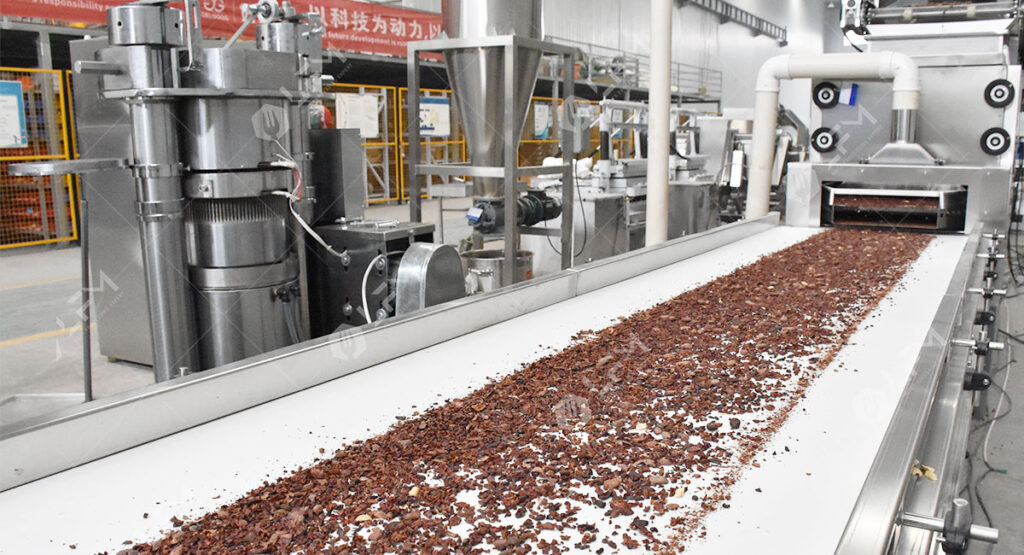By Leo Nelson
President John Dramani Mahama has thrown down the gauntlet, boldly declaring that Ghana is poised to not just match, but emphatically surpass Côte d’Ivoire’s 50% cocoa processing benchmark within the next four to five years.
This audacious projection, made during the 60th Annual Meeting of the African Development Bank (AfDB) in Abidjan, signals Ghana’s fierce determination to dominate the lucrative cocoa value chain.
Mahama, never one to shy away from grand ambitions, trumpeted Ghana’s impressive ascent in cocoa processing, revealing a jump from a paltry 25% to a respectable 40%.
“From a low of about 25% processed cocoa, Ghana has risen to about 40%,” he stated, highlighting the steady, albeit deliberate, climb.
While acknowledging Côte d’Ivoire’s current lead in processing half its cocoa output, Mahama exuded confidence that Ghana will not only bridge the gap but leave its neighbor in the dust.
“Côte d’Ivoire is ahead of us. They have done 50%, which is commendable. We hope that over the next four to five years, we will reach the stage of Côte d’Ivoire at 50% and push even further.”
However, Mahama’s optimism was tempered by a scathing indictment of the “rigged” global economic order that continues to shackle Africa’s industrialization dreams.
He railed against the insidious non-tariff barriers erected by developed economies, which he says are designed to stifle African entrepreneurs from exporting finished goods.
“The world economic order is rigged against Africa,” Mahama lamented, his voice dripping with frustration. He pointed out the outrageous hurdles faced by indigenous African processors attempting to penetrate European and American markets.
“Unless they bring a processor from outside—from Europe—who comes and sets up a processing plant and gets all the regulatory things in place, an indigenous person setting up a processing plant sometimes has big difficulty in exporting finished products into the EU market and into the American market.” A clear cry for a level playing field.
Mahama’s passionate plea underscores a critical battle raging across the continent: Africa’s enduring reliance on exporting raw materials while bleeding capital by importing finished products.
Ghana and Côte d’Ivoire, despite being the world’s cocoa powerhouses, have historically been relegated to the scraps of the global cocoa value chain, leaving the real profits to multinational chocolate behemoths.
Boosting local processing isn’t just about economic returns; it’s a lifeline for job creation, industrial expansion, and technological advancement.
For Ghana, hitting that 50% processing target and beyond means a surge in export revenues, a slashing of trade deficits, and a formidable boost to its manufacturing sector.
To achieve this ambitious goal, Ghana must unleash a barrage of strategic interventions.
This includes unlocking financing for local processors, pouring investments into cutting-edge processing infrastructure, slashing bureaucratic red tape, and forging unbreakable alliances between government, the private sector, and international partners.
Crucially, Ghana must also unleash its diplomatic might to demand fairer trade terms and unfettered access to global markets for its finished cocoa products.
The African Continental Free Trade Area (AfCFTA) looms as a colossal opportunity, promising to ignite intra-African trade in processed cocoa and other value-added products.
The stage is set for Ghana to finally claim its rightful place at the top of the cocoa world.

